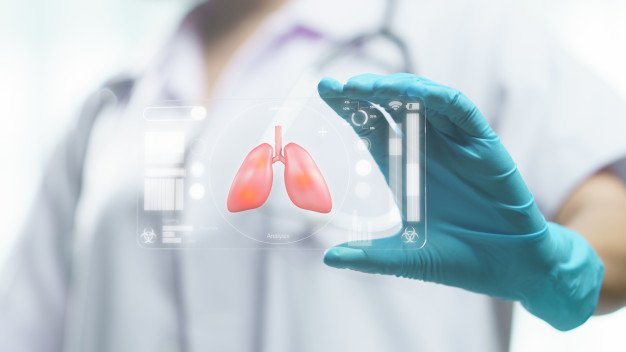Significant advances to the diagnosis of tuberculosis (TB) and drug resistance in adults, adolescents and children are expected, following key updates on new molecular assays, announced by the World Health Organization (WHO) in a Rapid Communication released on Feb 17, 2021.
Diagnosis of TB and drug-resistant TB remains a challenge with a third of people with TB and more than a half of people with drug-resistant TB not receiving quality diagnosis and care globally. To address this challenge, WHO convened a meeting of a Guideline Development Group in December 2020, to update WHO policies on molecular assays used for the diagnosis of TB and drug resistance.
Highlights from the evidence reviewed and presented in the Rapid Communication show high diagnostic accuracy for 3 new classes of technologies:
- Moderate complexity automated Nucleic Acid Amplification Tests (NAATs), for detection of TB and resistance to rifampicin and isoniazid;
- Low complexity automated NAATs for detection of resistance to isoniazid and second-line anti-TB agents;
- High complexity hybridization-based NAATs for detection of resistance to pyrazinamide.
“The diagnostic options for people with TB and drug-resistant TB are increasing thanks to the engagement of manufacturers and to research that is generating new evidence. Ensuring that everyone can obtain a rapid and accurate diagnosis, followed by treatment according to the latest WHO guidelines, will save lives and reduce suffering” said Dr Tereza Kasaeva, Director of the WHO Global TB Programme. “We ask for renewed political commitment and stakeholder support in ensuring these updates are rapidly implemented.”













